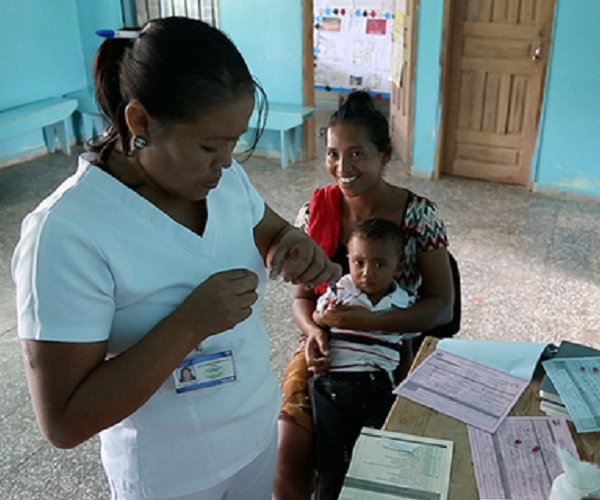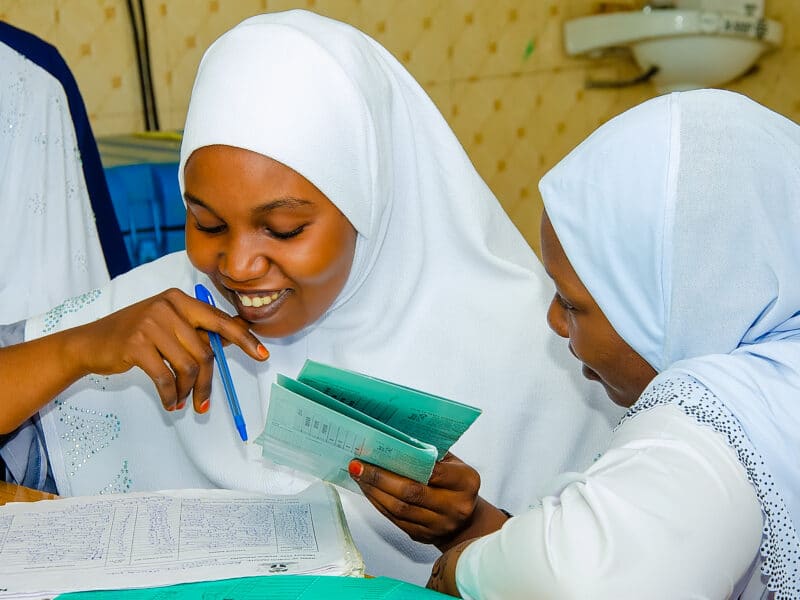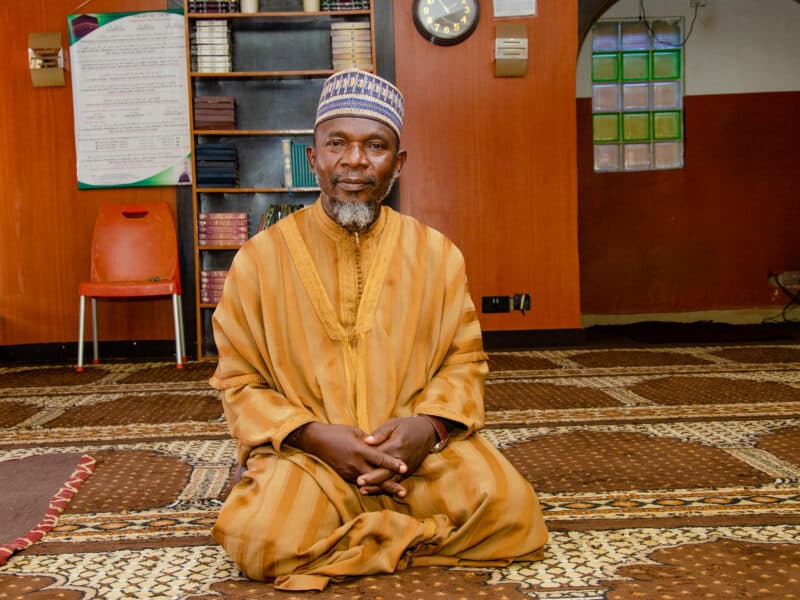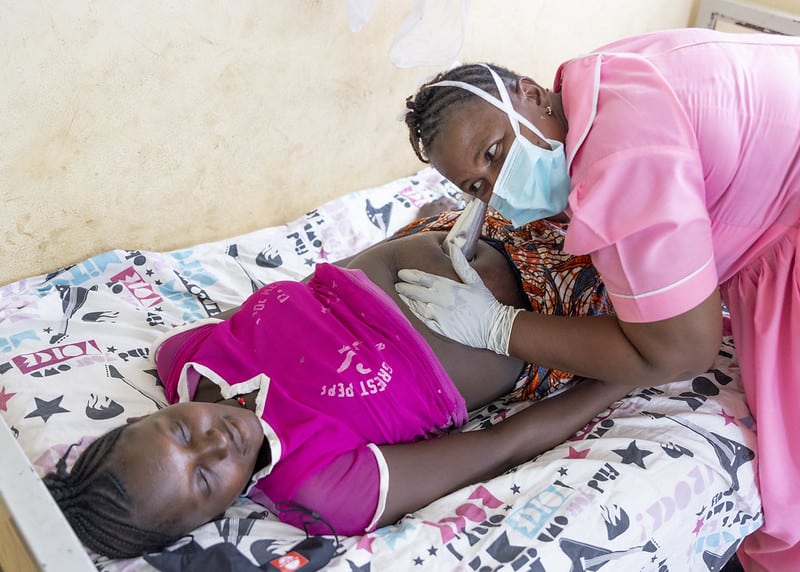Will the Americas be the first region to eliminate malaria?
This is the question on the table at next week’s commemoration of Malaria Day in the Americas, when the work of the 2015 Malaria Champions of the Americas will be showcased by the Pan-American Health Organization (PAHO).
In the region of the Americas, malaria is endemic in 21 countries, all of which are in Latin America and the Caribbean. However, Latin America is well on track to eliminate malaria. According to PAHO, between 2000-2012, malaria morbidity has decreased by 60% and malaria deaths by 72%. Furthermore, 13 countries have achieved the Millennium Development Goal for reducing malaria, and six countries are in the “pre-elimination” phase, which means they are very close to the goal of elimination.
Of all WHO regions seeking to eliminate malaria, the Americas may be the first to cross the finish line. However, at least three points are essential to make this goal a reality:
- Committed leaders. Malaria elimination will not be possible without the political will of heads of state to maintain the domestic financial commitments all the way through the last mile. Leaders, both public and private, who raise their voice in support of malaria elimination are one of the most important requirements to cross the finish line.
- Data sharing across borders. As malaria cases decrease, it becomes increasingly important to detect outbreaks as quickly as possible, particularly in the areas near country borders. These areas are some of the most vulnerable to malaria. To prevent cross-border outbreaks in Latin America, countries need to collaborate and communicate with each other quickly to share malaria surveillance data, because malaria outbreaks know no borders.
- An elimination plan. The Americas region has been fighting malaria for over half a century. At this crucial inflection point, the region needs an updated action plan that is state-of-the-art, innovative, and specifically geared towards the goal of elimination. PAHO is uniquely positioned to lead this effort, and develop a regional malaria action plan with ample country input and explicitly focused on elimination. This will be the roadmap to the finish line.
These issues and others will be highlighted during an awards ceremony hosted by PAHO on Thursday, November 5th, 2015. The ceremony will focus on the need to continue fighting malaria to reach elimination and celebrate the work of three country programs that have earned the title of 2015 Malaria Champion of the Americas. The three countries — Brazil, Honduras, and Paraguay — are vying for the honor of top champion, which will be announced at the event.
To find out which country wins the competition, visit the Malaria Champions of the Americas website!
This post was co-authored by Matthew Lynch, PhD, Director of CCP’s Global Program on Malaria/Project Director, VectorWorks and Gabrielle Hunter, Program Officer II. CCP is a co-presenter of the Malaria Champions of the Americas award, along with The Pan American Health Organization/ World Health Organization (PAHO/WHO), the UN Foundation, and the Milken Institute School of Public Health at The George Washington University.





